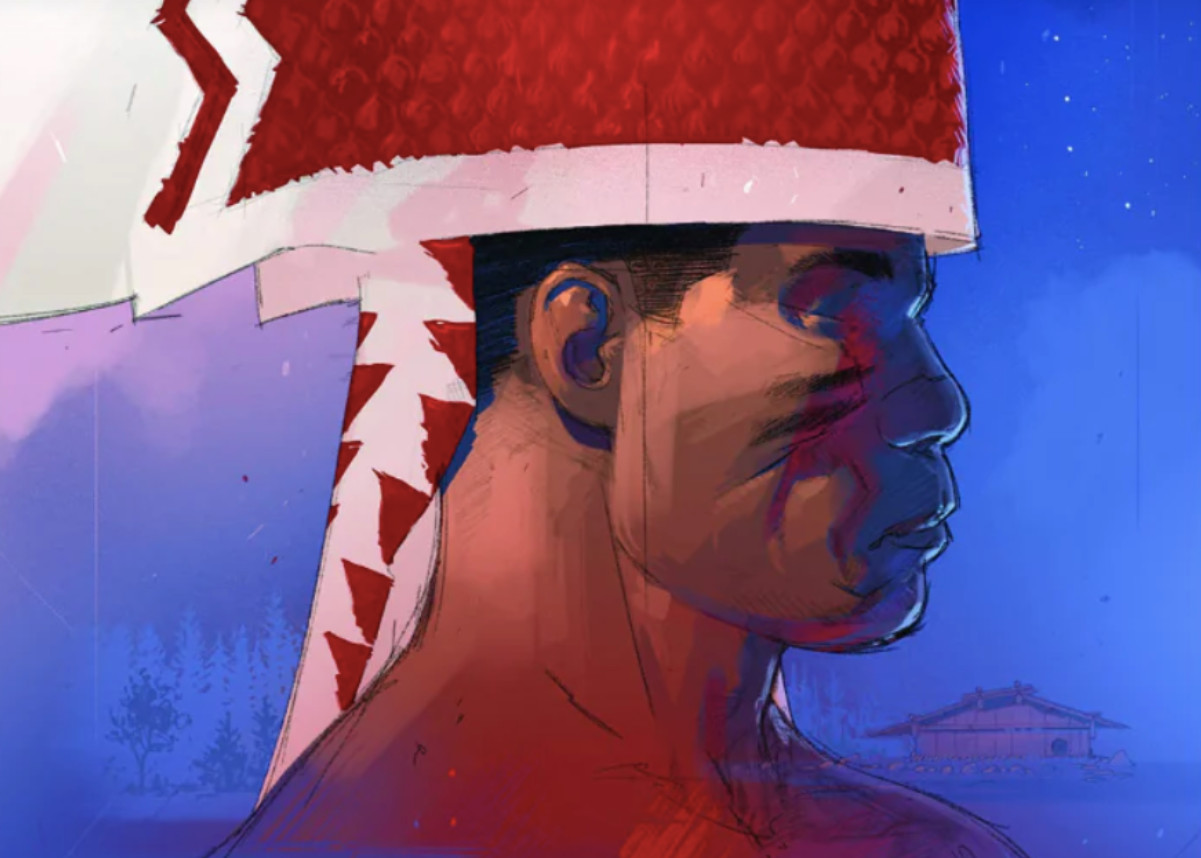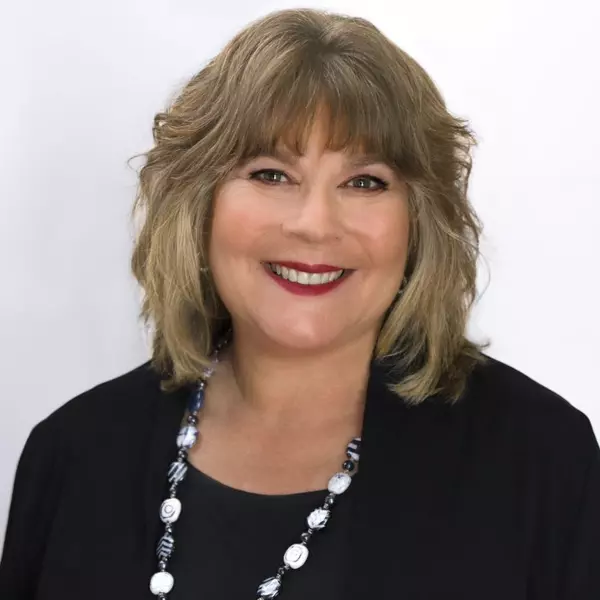Changing the Narrative: Native Americans Turn to Comics to Take Control of Stories


Native Americans are turning to comic books and graphic novels to tell their stories.
At San Diego Comic-Con, leaders of the Pechanga tribe and the Kumeyaay nation appeared at the panel “Writing Their Realities: California’s First Indigenous Press” to talk about their efforts to use the visual arts to take control of their own history, culture and language.
“We need to change the national narrative,” said Ethan Banegas, a descendant of the Kumeyaay, Luiseño/Payómkawichum and Cupeño/Kuupangaxwichem bands of Native Americans, and an American Indian Studies professor at San Diego State University. “We need to make our own films. We need to make our own comics.”
That effort led to the Kumeyaay Visual Storytelling Project, which will offer comic books that can be used in schools and museums to tell the story of the nation. The books will be published in October and a tribal launch will be held in November, followed by presentations in museums and throughout the community.
“What’s in this comic is the most important part of our history, our culture,” Banegas said.
Historian Michael Connolly Miskwish, who is working on the project, sees it as a way to dispel
inaccurate information about the Kumeyaay and to tell their stories.
“We are one of many stories that have been buried over time,” he said.
Meanwhile, Pechanga members have produced graphic novels through Pechanga’s Great Oak
Press, which was established in 2014 as a tribally owned publishing house.
They have produced children’s books, but also two new graphic novels, “Soldiers Unknown,” about a group of Native American soldiers in World War I, and “Yáamay,” an anthology of women’s poetry and art.
The publications are designed to amplify indigenous voices and their perspectives, said Lauren Niezgodzki, director of Great Oak Press. “That’s what makes us stand out,” she said.
Some of the books include native language that isn’t translated.
“We’re telling our own stories, but utilizing our own language,” said Avelaka Macarro, who
wrote and edited the anthology with fellow tribe member Camaray Davalos.
The books are available at Amazon and Barnes and Noble.
Categories
Recent Posts










GET MORE INFORMATION


